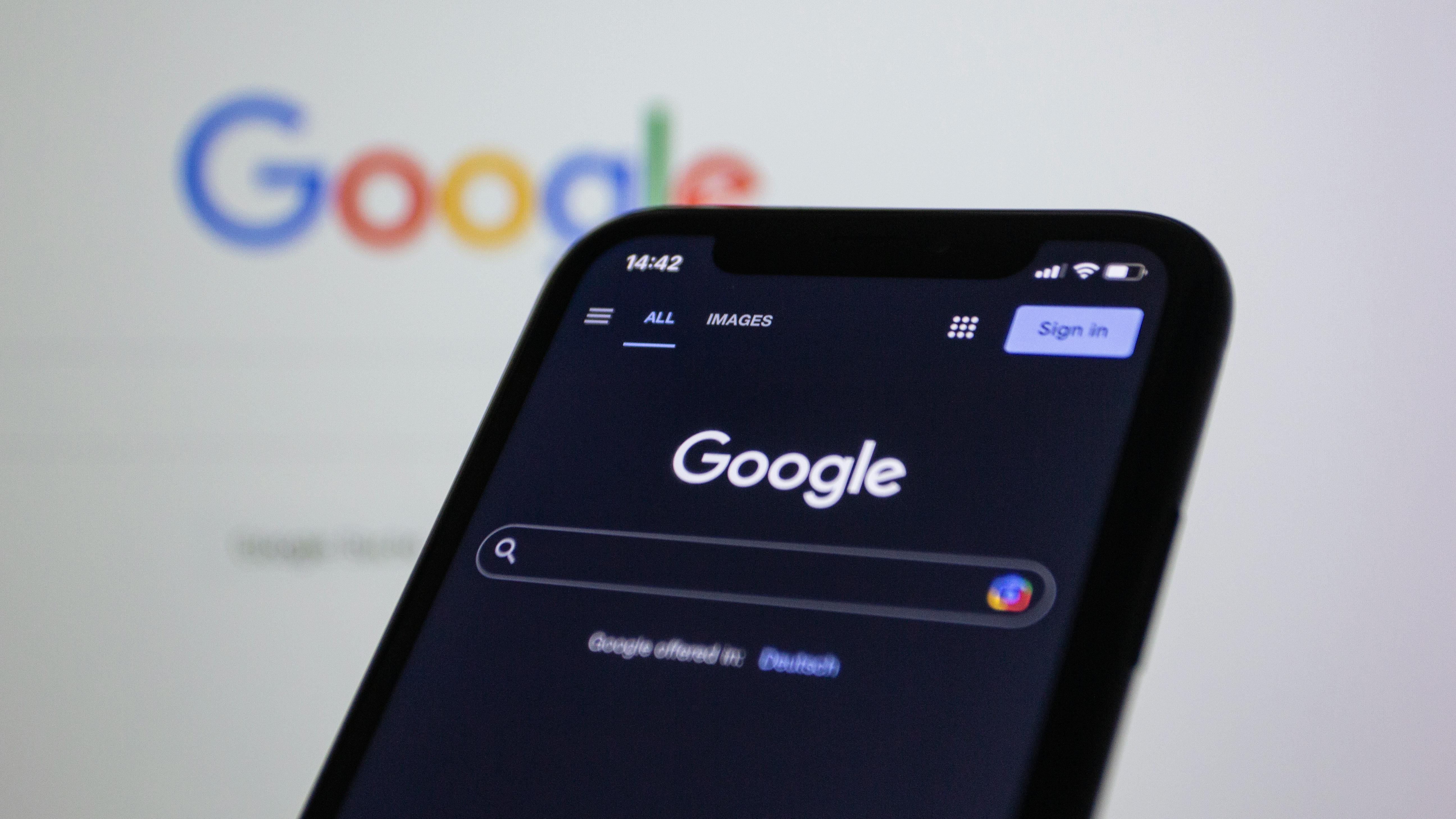Google's AI search shift causes traffic drop for news publishers
The company claims it’s still sending significant traffic to the web despite growing publisher concerns

Get Smarter at Marketing
Publishers are losing a core source of traffic as Google rolls out its AI-powered search experience. The Wall Street Journal reports that online publishers are seeing a sharp drop in organic search traffic as AI-generated answers replace clicks.
News sites have long depended on clicks from Google’s blue links. With the launch of AI Overviews and AI Mode across U.S. users, AI answers are replacing these links. Many queries are now answered directly in Google’s AI-generated responses, with fewer links shown below.
Publisher traffic from search is falling fast
The Wall Street Journal reports that organic search traffic is sharply down across major news organizations. According to Similarweb data cited in the report, HuffPost’s organic search traffic dropped by more than half over the past three years. The Washington Post and Business Insider are seeing similar patterns. Business Insider’s traffic from Google searches alone dropped 55% between April 2022 and April 2025, based on data from Similarweb.
The drop has real consequences for publishers. Business Insider cut 21% of its workforce last month. CEO Barbara Peng said the move was necessary to "endure extreme traffic drops outside of our control."
Organic search traffic to The New York Times has also dropped from 44% to 36.5% over the past three years. However, not all publishers are seeing traffic losses. The Wall Street Journal saw a rise in total organic search visits compared to three years ago, but the share of search-driven traffic fell from 29% to 24%, according to Similarweb.
Publishers face a “post-search era”
At a recent company meeting, Nicholas Thompson, CEO of The Atlantic, told staff to prepare for a world where Google search traffic “drops toward zero.” That warning reflects how serious the situation has become. Thompson told the Wall Street Journal, “Google is shifting from being a search engine to an answer engine.” He added that the company needs new strategies to survive.
The News/Media Alliance, which represents thousands of news outlets, recently accused Google of “depriving” publishers of both traffic and ad revenue. Danielle Coffey, the group’s president, said, “Links were the last redeeming quality of search that gave publishers traffic and revenue. Now Google just takes content by force and uses it with no return, the definition of theft.” The group called on the U.S. Department of Justice to intervene and ensure that Google’s dominance does not lead to the “continued crushing” of digital publishing businesses.
But Google executives have pushed back on claims that its AI answer engine is hurting publishers. When asked in an interview with The Verge about publishers’ concerns, Google CEO Sundar Pichai maintained that Google is sending more traffic. According to him, “No one sends traffic to the web in the way we do.” He added that Google “prioritizes” web traffic more than any other tech company and said they are actively engaging with publishers on the issue.
According to Bloomberg, Google’s Search chief Liz Reid also said in recent testimony that allowing publishers to opt out of individual AI features would add “enormous complexity.” Google claims users who do click through AI Overviews tend to stay longer on those sites, and that the feature does not always appear when users search for trending news.
Still, publishers remain skeptical. William Lewis, CEO of The Washington Post, called the changes “a serious threat to journalism.” The outlet is now working urgently to reach new audiences and build revenue outside of search.
Publishers move towards subscriptions, events, and direct relationships
With referral traffic declining, media outlets are shifting their focus. According to the Wall Street Journal, The Atlantic is investing more in its mobile app, events, and subscription business. Similar moves are happening at Politico, Business Insider, and others. Subscriptions, direct reader engagement, and live experiences are emerging as key ways to stay relevant.
Sherry Weiss, CMO at Dow Jones, said the company is now focused on building reader loyalty: “As the referral ecosystem continues to evolve, we’re focused on ensuring customers come to us directly out of necessity.”
The legal battle over AI content use
There is also the growing legal question around how AI models are trained. Many of these tools rely on content pulled from the open web, including news sites. Publishers claimed their content is also being used to train tools.
They are pushing back against how generative AI models use their content. The New York Times sued OpenAI and Microsoft for copyright infringement while also signing a licensing deal with Amazon. News Corp, parent of The Wall Street Journal, has a deal with OpenAI and is also suing Perplexity.
%20(1).png)
in the world of marketing:
